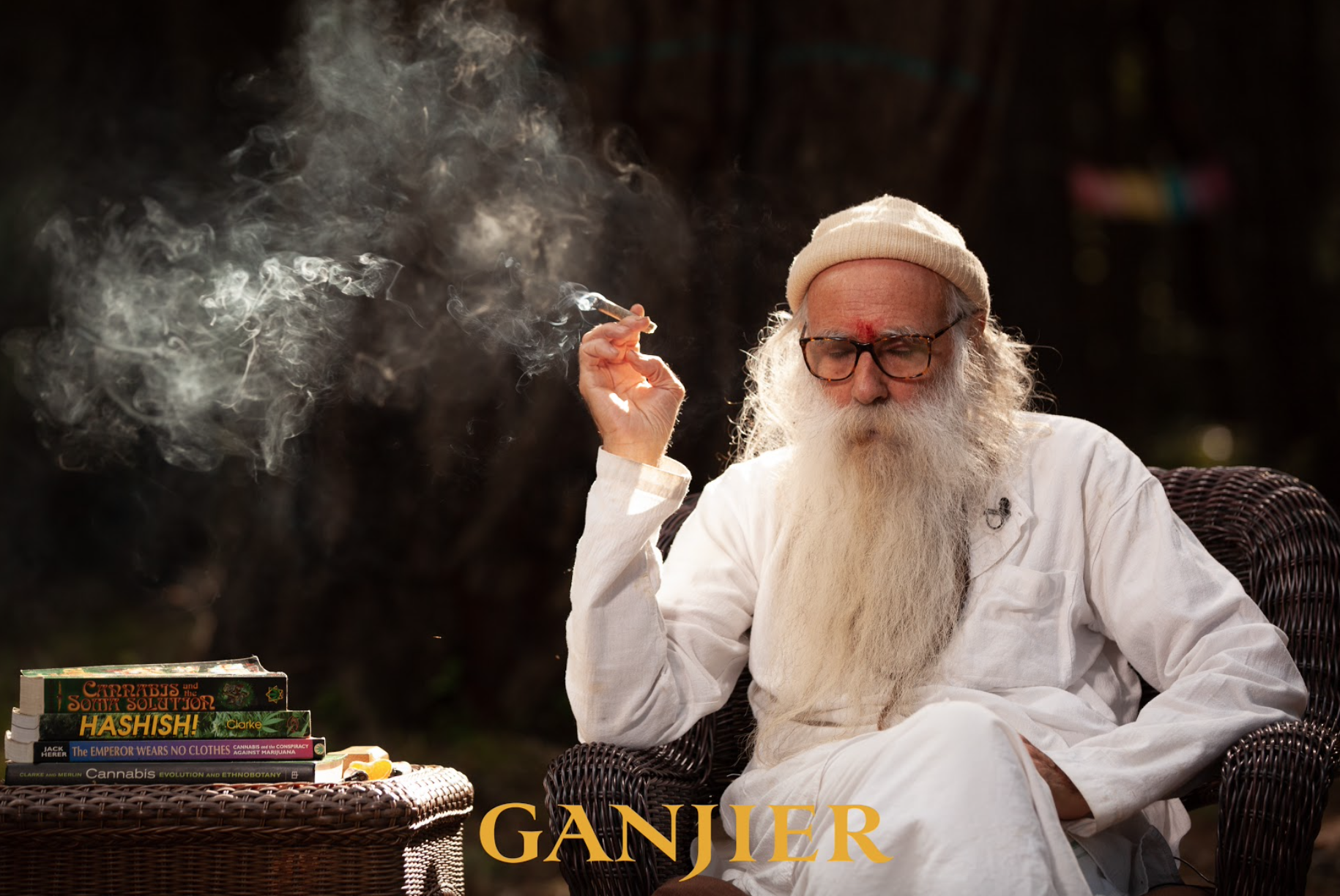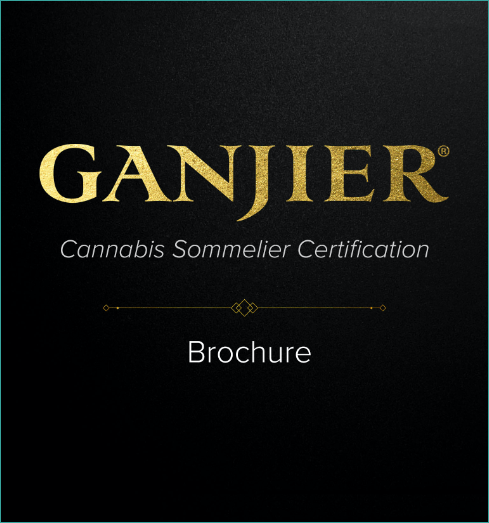A self-described “original hippie,” Swami Chaitanya moved to San Francisco in 1967. He went on to travel the world, living in South America, Europe, and India. Eventually he settled in the heart of Mendocino’s famed Emerald Triangle region, and it was here that he and Nikki Lastreto established his iconic and eponymous cannabis brand – Swami Select.
Swami is a familiar figure at festivals and a perennial judge of the cannabis industry’s most prestigious competitions. Espousing the virtues of sun-grown organic cannabis, Swami also speaks and teaches on cannabis consciousness and spiritual growth.
Swami Chaitanya Teaches Cannabis History, The Art and Science of Cultivation, and Assessing Flowers and Concentrates
In his course section on cannabis history, Swami Chaitanya enchants us with an enlightening account of the many societies and cultures throughout history who have consumed cannabis for spiritual, religious, and medical uses. The story of cannabis and humanity extends back thousands of years, before we move forward, it is important to stop and appreciate the wisdom that preceded us.
In his section on the art and science of cultivation, Swami makes his case for sun-grown cannabis. Not just an ecological argument – although that is an important issue, Swami goes into detail of how the sun imparts its majesty to the cannabis plant.
Lastly, in Assessing Flowers and Concentrates, Swami speaks highlights the characteristics of truly great cannabis. Speaking from decades of experience, Swami teaches how to use your senses, in conjunction with the SAP, to identify quality in cannabis.
Excited to take this exclusive online course? Sign up for the Ganjier interest list to be notified first when it goes live.
A Conversation with Swami Chaitanya
Why did you join the Ganjier Council? Why do you think the Ganjier is important?
After serving as a flower judge at the Emerald Cup for 17 years, developing its judging protocol, and working on the Appellation Project for cannabis for five years, the creation of the Ganjier Council and a curriculum for a Ganjier cannabis sommelier certification was a natural progression. Because I have known and worked with Max Simon and Derek Gilman over the years, I was confident that the work would be fruitful and of high quality.
In regards to what you specifically covered in the Ganjier curriculum, why do you think this knowledge is important for the Ganjier and the health of the cannabis industry?
The long, glorious, and controversial history of cannabis has been hidden from the world as part of the stigmatization of cannabis and its users. Knowing the true history of cannabis will help reverse the negative image created by government repression. Ancient knowledge of the miraculous medical qualities needs to be made public to enable access for all who need the healing powers inherent in the plant.
Equally important, we need to resurrect the ceremonial and ritual use of cannabis as a sacrament – gaining access to spiritual insight and magical realms. Less than 200 years ago cannabis was the world’s most valuable and important agricultural crop. There are many different methods of cannabis cultivation, and it is important for the Ganjier to understand the distinctions and be able to convey that information to clientele. Clients benefit by understanding about the process, which methods are ecological and organic, and which practices a high carbon footprint and/or negative impact on the environment.
Why do you feel it’s important for people to understand how to assess the true quality of cannabis flower and concentrates? What benefits does this provide to the industry?
The true assessment by a ganjier protects the client/consumer from counterfeit products. Without such a standard, consumers can unwittingly ingest contaminated, inferior, or harmful products. A quality standard ensures the customer is paying a commensurate price for the quality and quantity. Helps the patient choose the best product for their condition or desired effect – based on cannabinoid and terpene ratios and the whole plant synergy.
To you, what are some of the most important nuances and elements of truly high-quality cannabis?
My main consumption method is smoking joints, so I am focussed on the “smoking experience.” This experience starts with the first visual encounter – the joy of seeing and holding a beautiful bud, properly trimmed and cured, in minute detail. It is heightened by inhaling the fragrances exuded as the bud is broken up for grinding. The subtlety or potency of the aromas triggers numerous thought forms – sights and sounds associated with remembrance of that smell and the events connected to it. The tactile experience of rolling the joint brings more intimacy, and the dry hit before ignition heightens the sensory experience of recollection. When the joint is lit, the entire respiratory system is engaged. The mouth, the throat, the back, middle and front of the nose all react differently and sense different flavors. Smoothness, subtlety, and uniqueness trigger a fantasy journey. Then, of course, the effects on the mind and body, which can evoke emotional memories as you respond to sensation or transcend sensory input altogether.
Why do you think it’s important to establish a common standardized language in the cannabis industry? Any specific examples that stand out to you most?
A standardized language is important to continue to raise awareness for what constitutes high-quality cannabis flower. That language needs to be compatible with contemporary scientific usage. Industries like wine, coffee, and tobacco have established quality controls or assessment systems. Cannabis is grown all over the world in incredibly varied environments. It needs a common international language and evaluation system so that the consumer can know if their Nepali hash is really top-shelf.
How do you think The Systematic Assessment Tool (SAP) will have an impact on the cannabis industry? Are there any parts of The SAP you find most valuable or beneficial?
For the industry, it will set standards so one can compare cultivars grown in different places, which will pinpoint and quantify their differences and define the quality of a particular example. To my mind, the SAP is most valuable when taken as a whole – a complete tool for evaluation of cannabis quality and effects.
Enrollment for the first certified Ganjier class will open in Winter 2020. Capacity is limited. Join the interest list if you want to be among the first Ganjiers to transform the cannabis industry as we know it.


